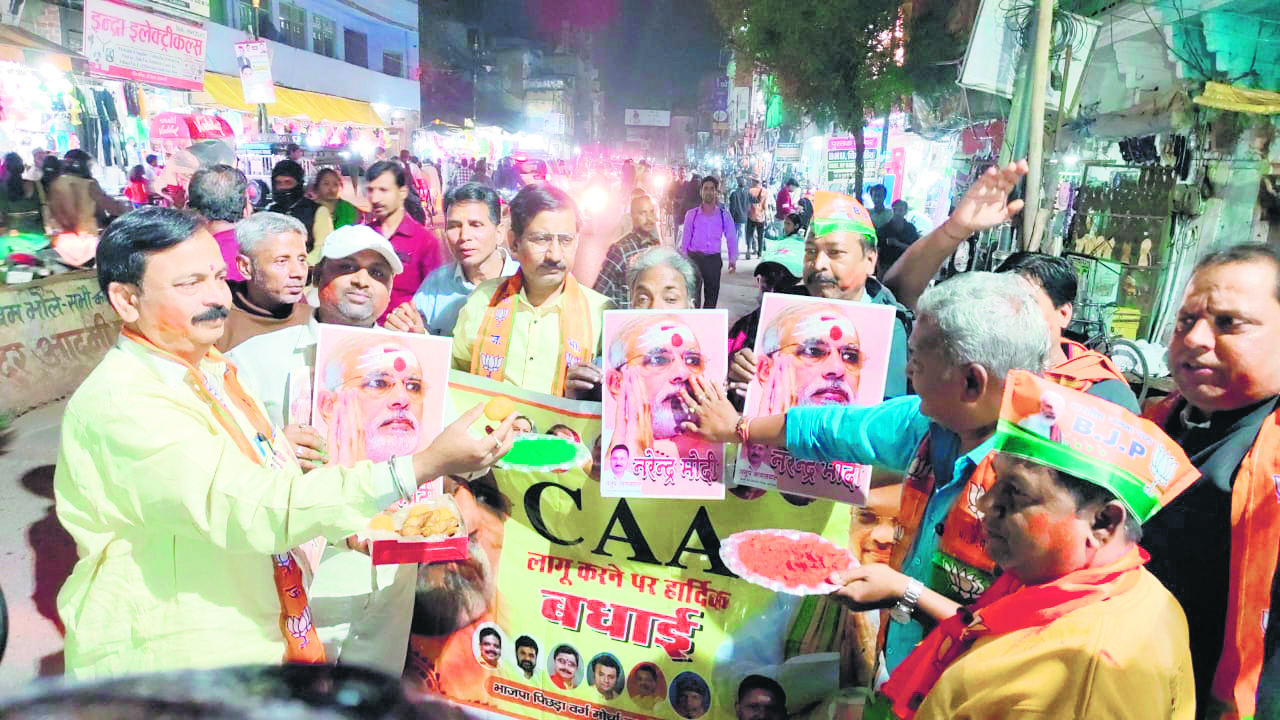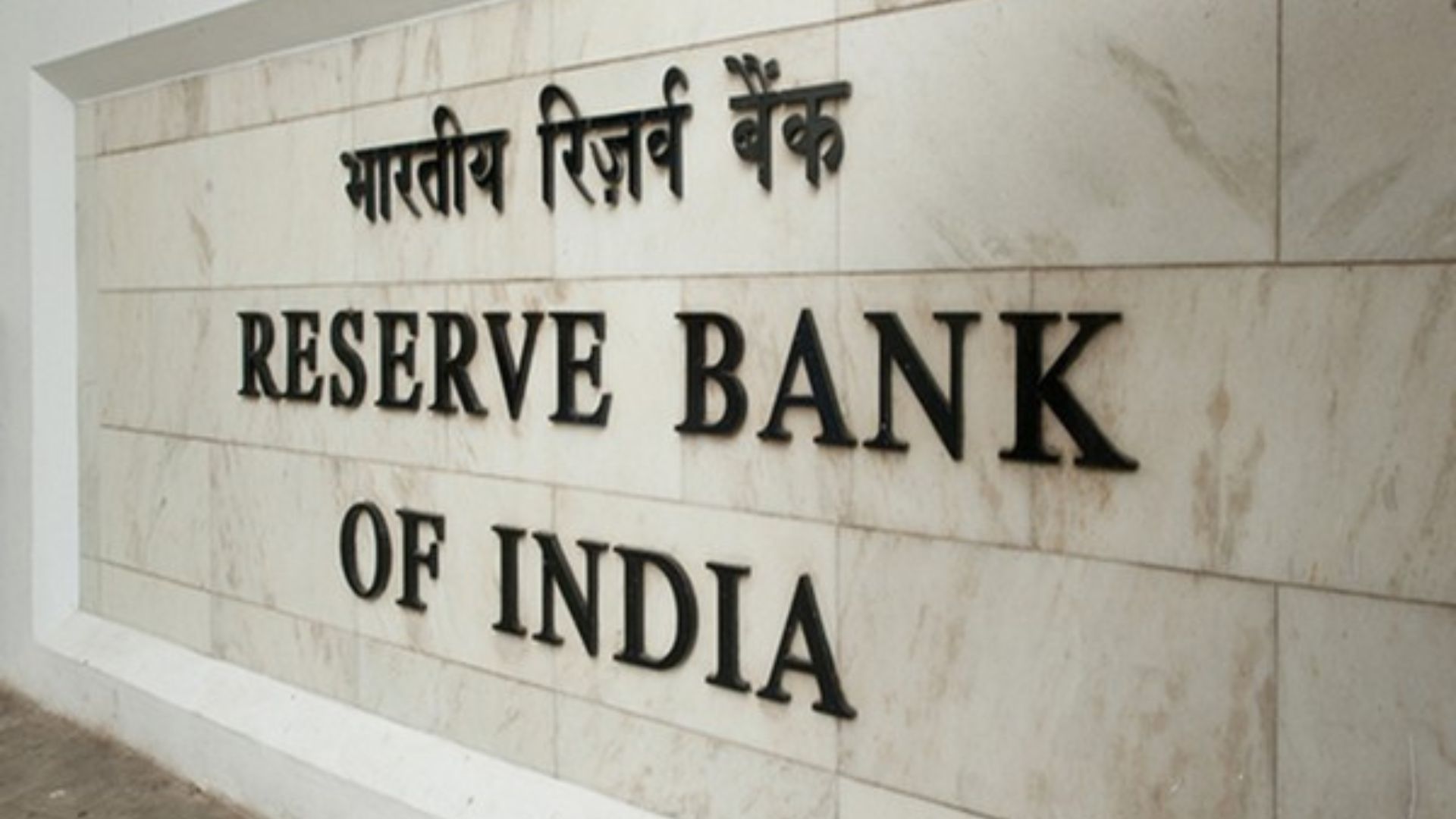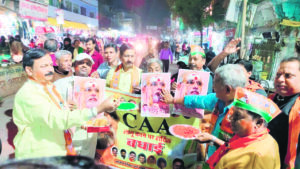Under the new law, applicants need to apply through a website -indiancitizenshiponline.nic.in— for citizenship.
The government of India on Monday evening announced the implementation of the rule of Citizenship Amendment Act (CAA) days before the Election Commission of India (ECI) implements the Model Code of Conduct for the Lok Sabha elections. The poll schedule is likely to be announced on March 17.
Sources aware of the development said that the decision to announce CAA’s implementation was taken around 1 PM, but it was finally announced much later. BJP leaders told the Daily Guardian that the implementation of CAA was an integral part of BJP’s manifesto, like the construction of Ram temple and abrogation of Article 370, and the implementation of CAA is another addition to ‘Modi’s guarantee’ which will add more credibility to the party’s intentions.
It is pertinent to mention that the passage of the law in both the upper and the lower House and the subsequent presidential notification of the CAA law had led to a volatile situation in many parts of the country including Delhi which culminated with communal riots.
Given the fact that the country is going to polls in the coming days, it remains to be seen how will the central forces handle the extensive security measures that need to be implemented for a free and fair poll and also tackle the disturbance that is being anticipated following today’s decision.
As soon as the announcement was made by the government, the government’s e-Gazette website crashed for a few hours. It was attributed to concerned individuals and groups checking the site to read about the rules of the CAA.
As per the statement by the Ministry of Home Affairs, the rules under the Citizenship (Amendment) Act, 2019 (CAA-2019), called the Citizenship (Amendment) Rules, 2024 will enable the persons eligible under CAA-2019 to apply for grant of Indian citizenship. The process for submitting the application for citizenship under this Act will be done through a completely online mode for which a web portal has been provided. Along with the 39 pages gazette notification that was released late night, the government also released the website through which applicants need to apply for the citizenship – https://indiancitizenshiponline.nic.in/.
Union minister for shipping and Member of Parliament from Bongaon, West Bengal, who belongs to the Matua community that will be among the community to be positively impacted by the CAA, along with other state leaders, later did a press conference in Kolkata detailing the government’s decision to implement the CAA.
Few days ago, Union Home Minister Amit Shah had asserted that the CAA would be notified before the Lok Sabha elections while reiterating that the Act will not take away anyone’s citizenship as it lacks such provision.
After Shah had made the announcement on February 10, while addressing a media conclave, government went back to the drawing board on whether to implement the same or postpone it till the Lok Sabha elections are over in wake of reports from multiple states including West Bengal, Assam and a few North-Eastern states that the Ministry of Home Affairs received, that suggested that massive civil violence is likely to take place if the government moves ahead to implement the act right now.
However, the government decided to go ahead with the implementation of the law, which was passed in both the houses in December 2019, more than 4 years ago.
The CAA will offer Indian citizenship to oppressed non-Muslim migrants from Bangladesh, Pakistan, and Afghanistan who came to India prior to 31 December 2014.
The BJP, till it decided to do it, was in two minds on whether to implement the act or not primarily because of three reasons –objections from the party’s Assam unit, apprehension over a possible backlash from the Rajbanshi community in Bengal and concerns raised by Bangladesh’s over the law.
Ever since it became known that the government was mulling the implementation of the CAA, Assam has been witnessing anti-CAA protests from student bodies and opposition parties.
The reason behind this is that there is a perception among the people of Assam that the CAA will negatively impact their culture, history and their socio-economic condition. This is also claimed by the United Opposition Forum, Assam (UOFA), a conglomerate of 16 opposition parties. The All Assam Students Union (AASU) and 30 other organisations are also opposing implementation of the Act.
BJP Assam leader has told Delhi that the fear in Assam is that the indigenous population would lose resources to ‘illegal’ migrants from Bangladesh if the citizenship law is implemented as it will regularise and give citizenship to Bengali Hindu migrants.
In West Bengal too, a similar situation has developed due to the act affecting two communities- Matua and Rajbanshi- both which are classified as Scheduled Caste communities.
The Matuas, who like Rajbanshis too follow Hindu religion and constitute about 18 percent of the total population of the state, have been voting for the BJP in wake of the promise that the party had made to them regarding bringing a law to give them citizenship as many of them still do not have Indian citizenship.
The Matuas had started migrating to India from erstwhile East Pakistan, now Bangladesh, from 1950 primarily due to religious persecution.
However, unlike in Assam, the feedback from the BJP West Bengal unit has suggested that if the CAA was not implemented before the polls, the Matuas will shift to the ruling Trinamool Congress. On Sunday, TMC gave the Lok Sabha ticket from Ranaghat to Mukutmani Adhikari, a Matua leader who till Saturday was Ranaghat South MLA from BJP.
However, the implementation of CAA might anger the Rajbanshi community in West Bengal, which are the largest SC group in the state, making up for 18.4 per cent of the backward community’s population.
This community has so far supported the BJP on the issue of National Register of Citizenship or NRC, as they believe that the act would be used to remove the non-tribals from their land. That is also why they are against the CAA, which enables granting citizenship to migrants including Matuas.
Another strong reason for Delhi to hold back the CAA implementation till now was concerns from Bangladesh which has openly expressed her reservation over the law as it believes that Bangladeshi citizens deemed illegal under the Act staying in India may now be “pushed” across the border.













